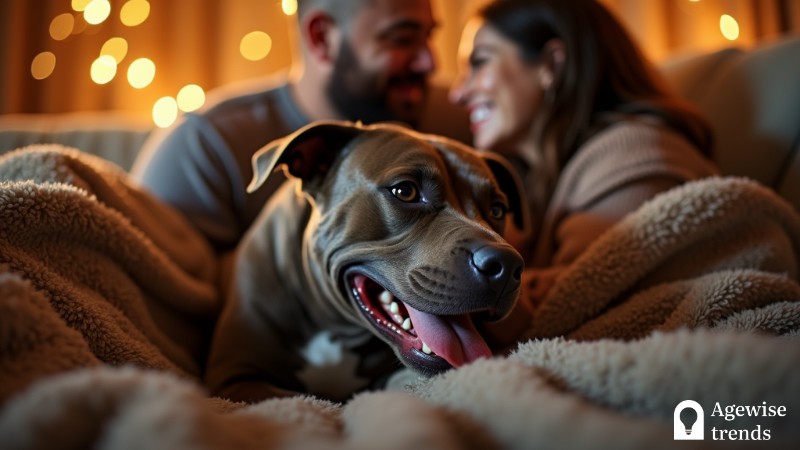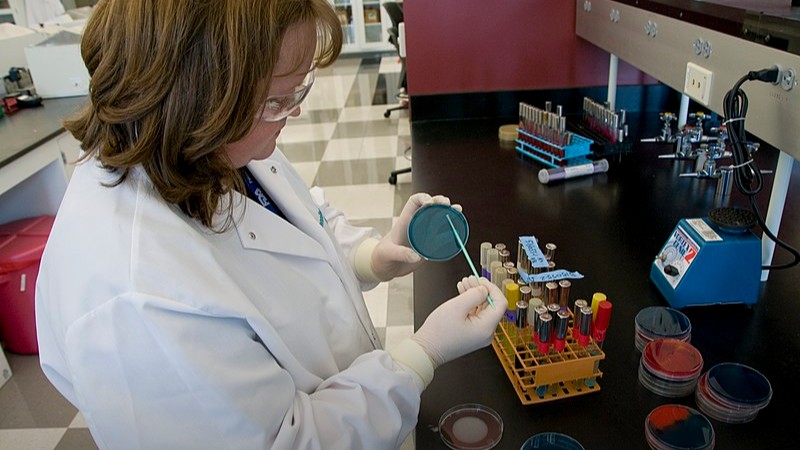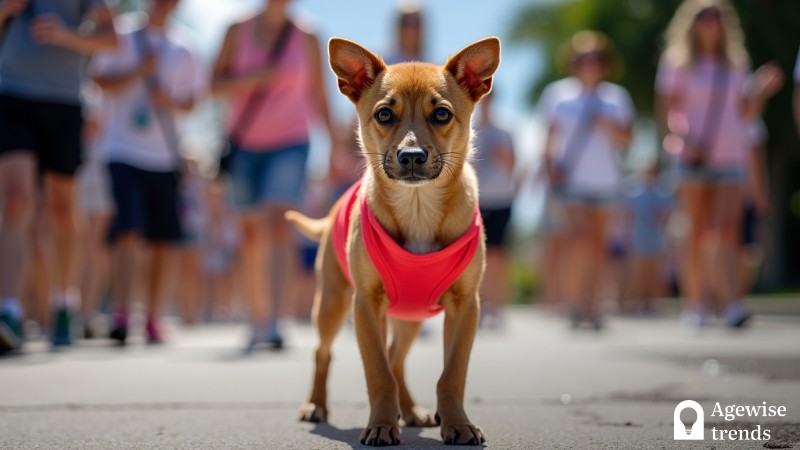The recent detection of Highly Pathogenic Avian Influenza (HPAI or H5N1) in indoor cats has prompted agricultural authorities in Washington and Oregon to issue urgent warnings to pet owners about the risks associated with raw pet diets.
While scientific understanding continues to evolve, current findings confirm that H5N1 can spread to cats and dogs when they consume products from infected poultry or cattle, such as unpasteurized milk, raw meat, or eggs.
These products pose a significant danger if they have not undergone processing methods like pasteurization, cooking, or canning, which are proven to inactivate the virus.
In response to this emerging threat, the Food and Drug Administration (FDA) has issued a critical update to ensure that all individuals involved in the production of cat and dog food fully understand the dangers linked to raw pet food contaminated with avian influenza.
To strengthen protections against this hazard, manufacturers must thoroughly review their existing food safety plans and integrate the virus into their preventive controls, ensuring a higher level of safety in pet food production.
Key Takeaways
Pet owners are cautioned about the risks linked to raw diets after H5N1 was detected in cats, spurring new safety measures and guidelines.
- H5N1 can spread to pets through the consumption of infected poultry or cattle products that haven’t been processed.
- The FDA recommends that manufacturers incorporate virus controls into their food safety plans and utilize heat treatment processes to neutralize the virus.
- Pet owners are advised to keep cats indoors, monitor their pets for signs of infection, and consult a veterinarian if any symptoms arise.
The risks of H5N1 for cats and dogs
Recent findings reveal that both domesticated cats and their wild counterparts can experience severe health complications that may ultimately lead to fatal outcomes after contracting the avian flu virus.
While dogs typically exhibit milder clinical symptoms than felines, it is essential to recognize that H5N1 infections have resulted in fatalities among dogs in multiple countries.
Ongoing research suggests that pets can contract Highly Pathogenic Avian Influenza by consuming unprocessed raw pet food made from infected poultry, as these products have not undergone treatments designed to eliminate the virus.
Regulations and preventive measures
Under the FDA’s Food Safety Modernization Act Preventive Controls for Animal Food (PCAF) regulation, pet food producers must conduct a comprehensive assessment to identify and evaluate potential risks, relying on scientific studies and other relevant data.
Effectively addressing avian influenza requires a collaborative effort involving multiple stakeholders, including government agencies, industry leaders, and consumers of pet food products.
To significantly reduce or eliminate the risk of H5N1 transmission through pet food, the FDA advises sourcing ingredients only from healthy flocks or herds and implementing heat treatment processes that effectively neutralize the virus.
Seniors and other pet owners are encouraged to stay informed and make decisions based on updated guidance to keep their pets safe from emerging threats.
Pet care and owner responsibilities
The Centers for Disease Control and Prevention (CDC) advises pet owners not to feed their animals raw diets due to the risk of harmful bacteria. Meanwhile, U.S. Department of Agriculture (USDA) research confirms that properly handled and cooked meat, poultry, and eggs do not pose a threat.
Pet owners, particularly those in more vulnerable age groups, should carefully observe their animals for possible signs of avian flu infection, such as fever, unusual fatigue, decreased appetite, red or swollen eyes, nasal or eye discharge, difficulty breathing, and neurological symptoms.
If a pet exhibits any of these warning signs after consuming food that may be contaminated with bird flu, seeking immediate veterinary care is essential to ensure proper evaluation and treatment.
Ongoing monitoring and consumer actions
The FDA recommends that cats be kept indoors and shielded from potential exposure to infected avian species, farm animals, or wild creatures, particularly in areas affected by bird flu outbreaks.
Ensuring that pets are up-to-date on rabies vaccinations is also essential for accurately diagnosing and distinguishing between various viral infections they may encounter.
Health authorities continuously monitor for signs of infections while investigating the sources and distribution networks of contaminated pet food products.
Consumers are urged to carefully check the lot numbers of pet food products they have purchased. For detailed information on affected items, they should consult official resources dedicated to recalls and health advisories.
Pet owners can significantly minimize their risk of exposure to H5N1 by strictly following the preventive measures recommended by the FDA and CDC regarding contaminated raw pet food.
To gain a thorough understanding of the risks associated with avian flu and raw pet food, as well as to stay informed about effective preventive actions, it is highly recommended to consult the most up-to-date guidance from these authoritative government agencies.
Pet ownership benefits for all ages
Concerns over H5N1 highlight the critical need for responsible pet care, but the effort involved is far outweighed by the extensive benefits that pet ownership offers for overall well-being.
Research consistently shows that having a pet can significantly reduce stress, lower blood pressure, and encourage a more active lifestyle, which is especially beneficial for seniors.
Furthermore, the companionship pets provide plays a crucial role in mental health, alleviating feelings of loneliness and offering valuable emotional support, which can be particularly important for older individuals.
Beyond these personal benefits, pet ownership instills a sense of responsibility and deepens the bond between humans and animals, fostering a fulfilling connection for people of all ages, including seniors.
By staying well-informed about proper pet nutrition and healthcare, owners can help ensure their companion animals lead long, healthy lives while continuing to enjoy the lasting rewards of their close relationship.















